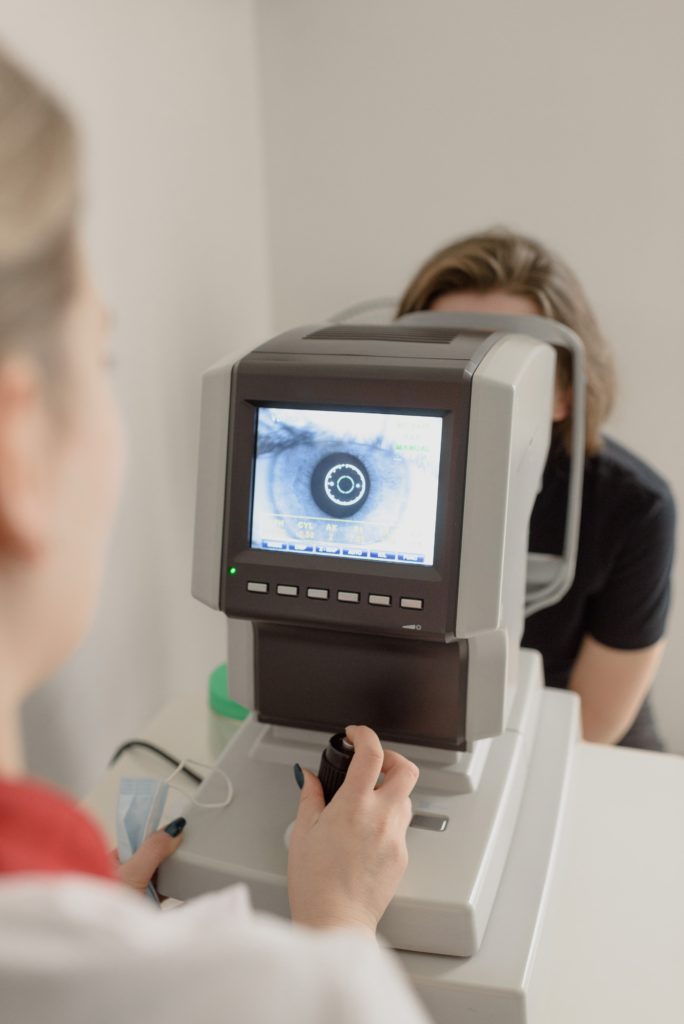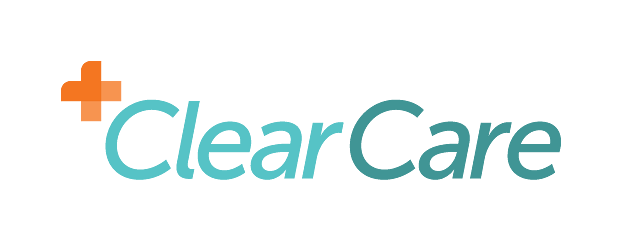Vision impairment is one of the many common physical challenges we experience as we age, and most of them aren’t diagnosed until it’s too late. As caregivers, it’s essential that we keep an eye on our senior’s eye condition to give the proper treatment as soon as possible.

Here are three of the most common vision impairment cases:
Macular degeneration – the leading cause of vision loss, affecting more than 10 million Americans. Most people affected have had good vision throughout their lives so the usual predictors may be absent. Regular vision exams with dilation are important for catching this early. Unfortunately, it is considered incurable, so the best hope is the management of and stemming the progression.
Source: Macular.org and Bright Focus
Glaucoma – a group of eye conditions that damage the optic nerve, the health of which is vital for good vision. More than 3 million people in the US have glaucoma. Many are unaware of it, as in the early stages there may be no symptoms. Damage is often caused by abnormally high pressure in your eye.
Common factors for all types of glaucoma include family history, increasing age, nearsightedness, hypertension, and diabetes.
Source: Mayo Clinic, American Family Physician and Bright Focus
Cataracts – the most common cause of blindness worldwide. It’s the easiest to see since it often causes a cloud on the pupil that is visible to others as it progresses.
Some of the cataract’s symptoms are:
Hazy vision
Weaker night vision
Uncomfortable glare from light
Needing of more light for reading
Colors look faded or yellow
Source: American Family Physician and WebMD
While these are the three potential causes of vision impairment for seniors, they are not the only ones. It is vital to include regular eye exams in your senior’s healthcare lineup.
Many doctors will prescribe nutritional supplements in formulations recommended by AREDS2 (The Age Related Eye Disease Study 2), sponsored by the National Institutes of Health (NIH). These supplements typically include the following micronutrients in specific doses*:
Lutein
Zeaxanthin
Vitamin C
Vitamin E
Zinc Oxide
Cupric Oxide
*This information is not a substitute for professional medical advice. Always consult your doctor before adding any supplements to your senior’s lineup.



